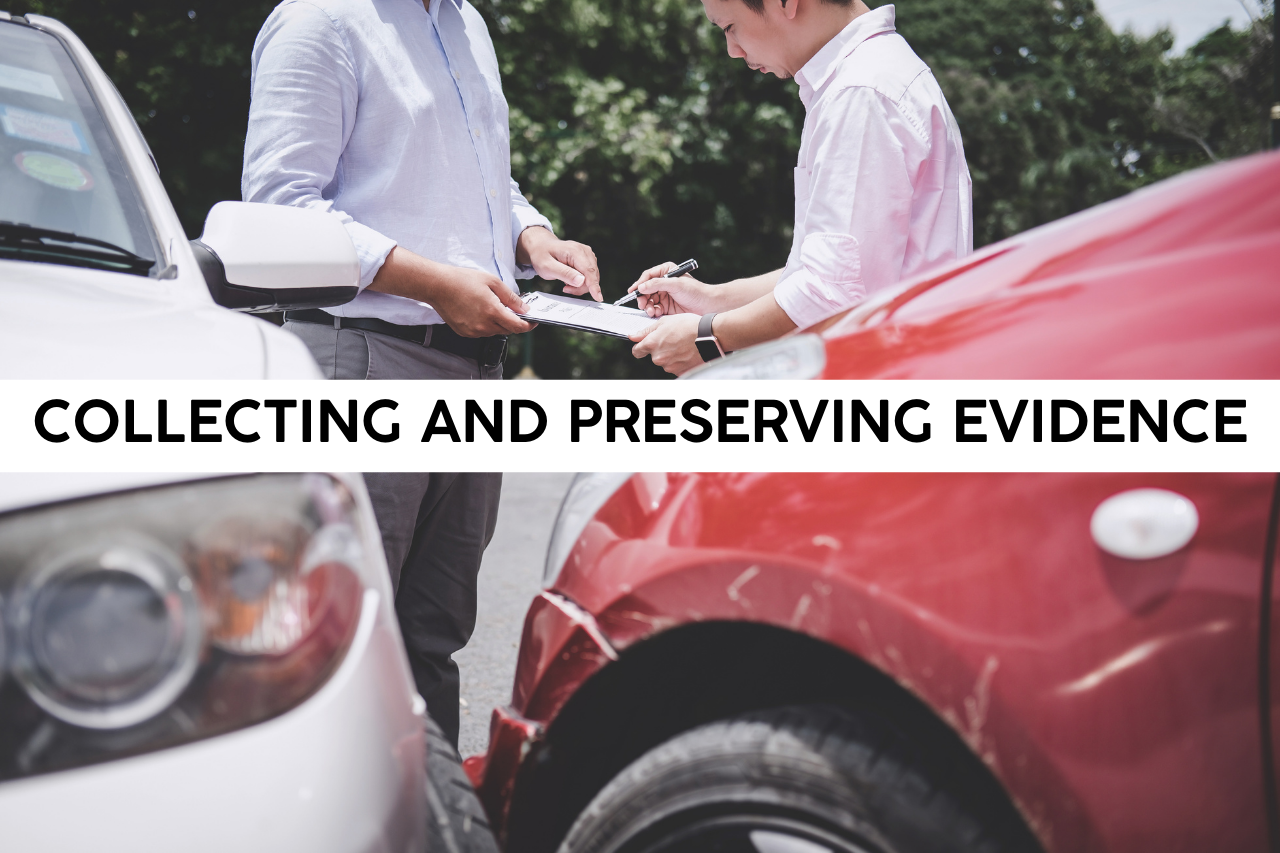
Evidence in Car Accident Cases: Everything You Need to Know
Friday, July 26th, 2024 Partner ContentIn the aftermath of a car accident, the immediate priority is, of course, safety and medical attention. However, once the dust settles, the process of seeking justice and compensation begins.
The cornerstone of any successful car accident claim lies in the evidence. If you work with an experienced car accident attorney, they can present the evidence that makes the difference between a favorable outcome and a drawn-out legal battle. But what should you look for, and how to collect the necessary information? This article will help you understand the different types of evidence, their role in the legal claim process, and how to handle them.
The Backbone of a Case: Types of Evidence
In car accident claims, the most important types of proof are physical evidence, police reports, witness testimonies, medical records, and expert testimonies. Hereís a table that explains what makes them so crucial:
| Evidence Type | Description | Importance |
|---|---|---|
| Physical details | Debris, tire marks, vehicle damage, weather conditions | Provides a tangible link to the accident, establishing facts |
| Police reports | Official document with details and officerís assessment | Unbiased and authoritative, supports initial fault determination |
| Witness testimonies | Accounts from individuals who observed the accident | Offers third-party perspective, corroborates driver statements |
| Medical records | Documentation of injuries and treatments | Connects injuries to the accident, crucial for personal injury claims |
| Expert testimonies | Analyses from professionals like accident reconstructionists and doctors | Clarifies complex details, provides specialized insights |

Collecting and Preserving Evidence
The preservation of this information is just as important as collecting it. Evidence can be lost, damaged, or contaminated if not properly handled. Hereís how to ensure that you can provide significant confirmations to support your claim:
- Photographs and videos:
Immediately after the accident, take photos and videos from various angles. This documentation should include vehicle damage, road conditions, traffic signals, and any visible injuries.
- Police involvement:
Always call the police after an accident and ask for a copy of the police report.
- Witness information:
Collect contact information from any witnesses. Itís important to record their statements as soon as possible while their memories are still fresh.
- Medical attention:
Seek medical attention immediately, even if injuries seem minor. Implement all recommended treatments and keep detailed records of all injury-related actions.
- Expert consultation:
Consult with experts who can provide detailed analyses and testimonies. Ensure that their findings are well-documented.
The Legal Perspective: How Evidence Influences the Outcome
Several aspects of accident cases can be strengthened with appropriate evidence. It plays a crucial role in fault establishment, damage estimation, settlement negotiations, and court proceedings.
Establishing Fault
One of the primary functions of evidence is to establish fault. In many car accidents, determining who is at fault is not straightforward. Physical proof and police reports are instrumental in reconstructing the accident and identifying any violations of traffic laws. Witness testimonies can support or challenge the involved parties' accounts, adding depth to the understanding of the incident.
Proving Damages
For a personal injury claim to be successful, itís not enough to prove that the other party was at fault. The claimant must also demonstrate the extent of their damages. Medical records are critical here, as they provide a detailed account of the injuries sustained, the treatment required, and the impact on the victimís life. Expert testimonies can further substantiate claims, explaining the severity of injuries and their long-term consequences.
Negotiating Settlements
Strong fault confirmation can also influence the negotiation of settlements. Insurance companies are more likely to offer fair compensation when there is information that clearly supports the claimantís case. Conversely, weak or insufficient proof can lead to reduced settlements or even denial of claims. Comprehensive documentation and expert analysis can make a compelling case for the rightful compensation.
Court Proceedings
If a case goes to court, the presented evidence will undergo intense scrutiny. You need to make sure that each piece of information is reliable and relevant. Properly collected and preserved documentation withstands cross-examination and helps build a strong case. Witness and expert testimonies provide additional support, creating a robust argument that can sway the jury in favor of the claimant.
Conclusion: The Undeniable Power of Evidence
In car accident cases, evidence is the foundation upon which justice is built. It provides clarity, supports claims, and ensures that the truth prevails. To protect your rights and seek the compensation you deserve, you should understand the available proof and collect and preserve it meticulously.
With the right approach to evidence, you can build a strong case and achieve a fair resolution. Whether through settlement negotiations or court proceedings, the power of evidence is undeniable in securing justice and rightful compensation.
accident, auto, car, evidence

